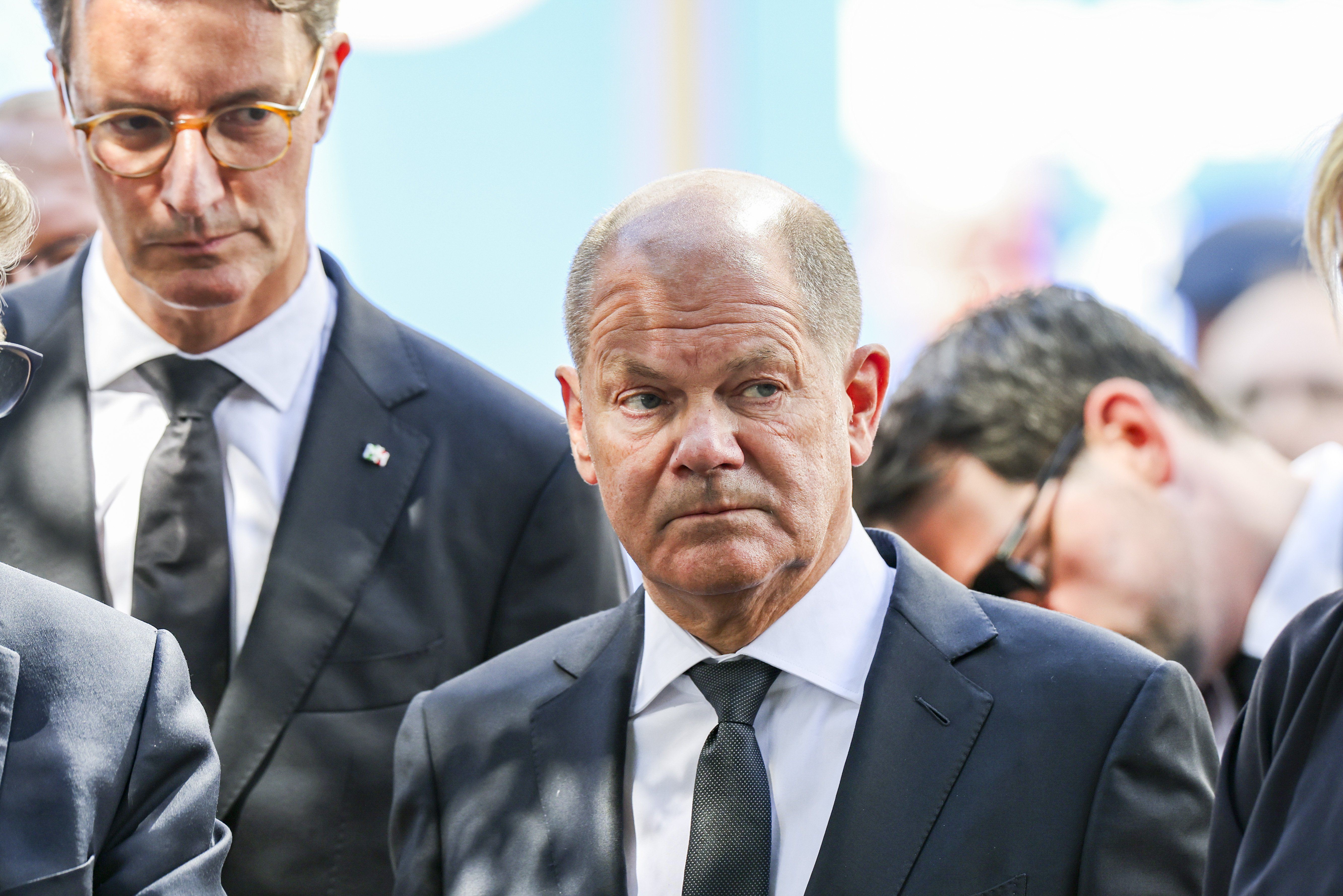The far right prevailed in East Germany over the weekend, with the Alternative for Germany party, or AfD, winning its first-ever election in Thuringia and nearly winning in Saxony. The outcome dealt a blow to Chancellor Olaf Scholz’s center-right coalition government and boosted the far right and left ahead of the 2025 federal election.
The far-left BSW party secured third place in both states, making it a key player in upcoming government formation negotiations. Scholz’s SPD party – which barely managed to retain parliamentary representation in both states – is pushing the CDU, the only centrist party to perform strongly on Sunday, to partner with the left to box out the AfD. “In both states, the core of such alliances would be the CDU and BSW,” says Eurasia Group’s Europe Director Jan Techau, “which all by itself is a curious formation given that these two are at opposite ends of the political spectrum.”
What does this mean for the 2025 election? While the far right and left are much weaker on the national level, this election foreshadowed growing division in Germany – as well as Scholz’s rising unpopularity. It also showed that migration and Germany’s support for Ukraine will be the main campaign issues next year. “The AfD will mercilessly exploit these topics, and so will the BSW,” says Techau.
“[Scholz’s] ability to instill discipline in a very diverse coalition was never great and is now further diminished,” Techau adds. “He needs to deliver meaningful migration reform and a halfway solid budget for 2025. These are the two benchmarks. If he can’t do this … his position as the party’s candidate for 2025 will be at risk.”
